GOGORO's India debut | Click to KNOW MORE |
Origin of GOGORO
Gogoro is a Taiwanese company, NASDAQ registered that developed a battery-swapping refueling platform for urban electric two-wheel scooters, mopeds and motorcycles in Taiwan. It also develops its own line of electric scooters and offers its own vehicle innovations to vehicle maker partners like Hero.
It came to India with partnership with Zypp Electric. GOGORO is currently headed by Kaushik Burman- the general manager and MD(India). Gogoro aims to support the initiative of India goal to be net-zero carbon emission by 2070 by decarbonizing logistics segment which is a primary priority to them. While entering in logistics segment GOGORO puts some point forward which explains why it is difficult for an existing logistics business to switch from ICE vehicle to EV and that points are as they lack a dedicated charging infrastructure or which is not yet ready at a large scale if the vehicle is supplied in bulk to businesses, range limit is one of the primary concern for an individual utilising an EV with a limited range restriction and charging time of an EV through standard chargers is time consuming, also population density, consumption and swap frequency of battery impacts the availability of new batteries demanding a larger stations for charging.
GOGOROs partnership with Zypp electric is help them out to work on a pilot program to validate their hypothesis around multiple use case scenarios for few months and the collected data will be analysed to learn the market and its behaviour. Also, GOGOROs consistent diligent cooperation with Indian Authorities for the past couple of years to provide inputs on regulations and standards development. They have also setup the Indian Battery Swap Association.
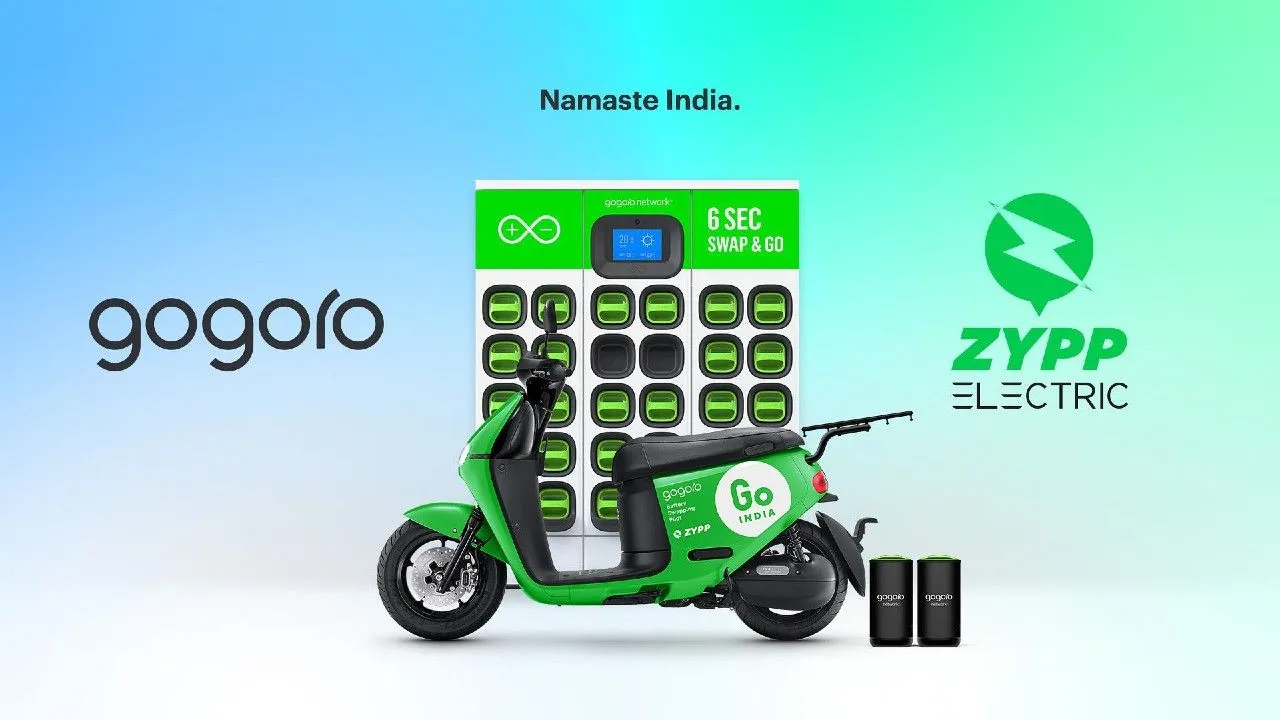
Targeted Delivery Segment
GOGORO is targeting B2B delivery segment with a critical mass of subscribers for gaining critical data especially in the case of a battery-swapping network. Some of the essential data points such as the number of routes taken, number of deliveries, swap count per day, rider behavior and patterns around swapping can be picked up from a segment that uses the service more often. In the case of Zypp who serves multiple clients across multiple use cases and scenarios Gogoro can gather and use insights in their product roadmap.
Technology used in this pilot program
GOGRO is currently running all ARAI-approved batteries, swap stations, and vehicles are imported from Taiwan and the batteries have been approved in India.
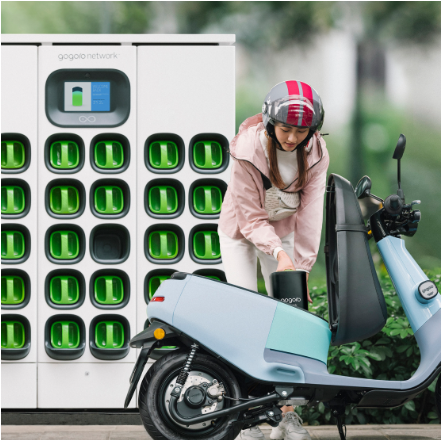
Scale of this pilot program
GOGORO announced its pilot program in Delhi and NCR with six battery swap stations and 100 vehicles, which they expect could be scaled across multiple cities. GOGORO is not only running its program with Zypp but also other plenty of feet on – operators have reached out to them for similar pilots. They are also expecting multiple city pilots in the next upcoming 5 to 6 months.
In respect to the longer run and successful testing GOGORO has already started with the GOGORO2 scooter in this pilot but also we can expect other vehicles that can be brought as they are trying to go deep into one city or expand to several cities making thousands and thousands of deliveries and getting feedback on the rides.
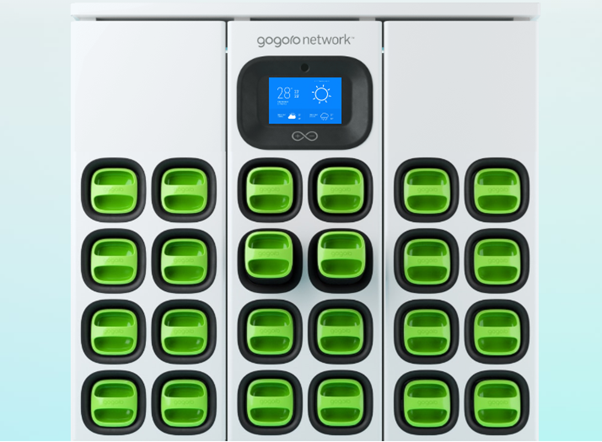
Collection and utilisation of data through this pilot program as three main data is collected as rider data, battery health data, and swap station data. Rider data includes 10 different types of variables to determine. They gather multiple data points at the swap station, such as peak power versus off-peak power swap behaviours, certain network routes where the riders are doing maximum swaps, and demand versus supply. On the battery side, we collect battery state of charge and state of health data, which lets us know whether the rider’s driving behaviour has an impact on the health of the battery, and how the climatic conditions will impact battery performance. In the end all of this data will compiled and helped into designing of products both on the vehicle side and the network site.
GOGOROs plan towards three-Wheeler market
GOGORO have an existing three-Wheeler product in Taiwan where they work with many OEM partners to develop different products and currently, they have 10 OEM partnerships which make 47 different SKUs, including two-wheelers and three-wheelers with ranging between 8 kW to 30 kW. Same goes to the 3-Wheeler market in India they are requiring some more time to work with multiple OEM partners in the three-way space and figure out the best combination of batteries motor output and power rating. Discussions and meetings are happening and we will soon be able to see Gogoro entering in three-wheeler market as well targeting commercial delivery.
GOGOROs partnership with Hero MotoCorp Cooperation
A strategic partnership between hero Moto Corp and Gogoro. They are working on the roadmap to decarbonise the two-heeler transportation sector. Gogoro is an open platform and leveraged its technology to provide wider choices to customers along with its partners in India.
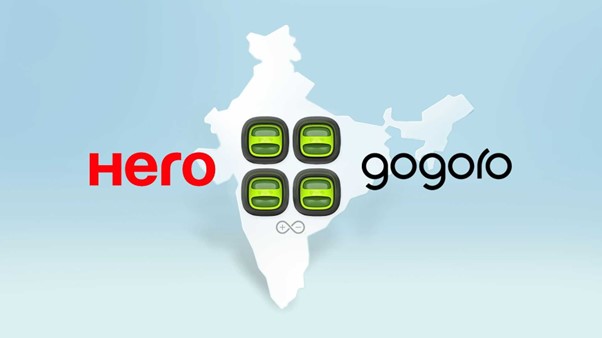
What challenges Gogoro sees in India
Gogoro said “when you create a new category bottom-up, there will be challenges in terms of getting the requisite capital and human resources, installing the first few hundred swap stations and adapting quickly to the complexity and the size of India for a company from Taiwan”. Also, availability of these products and other goods like raw materials and electronics are made available at the right cost and some on brown challenges that they will have to figure out while in their pilot program. Gogoro partnership will be very important for future goals and objectives likewise Foxconn is one of the strategic partners.
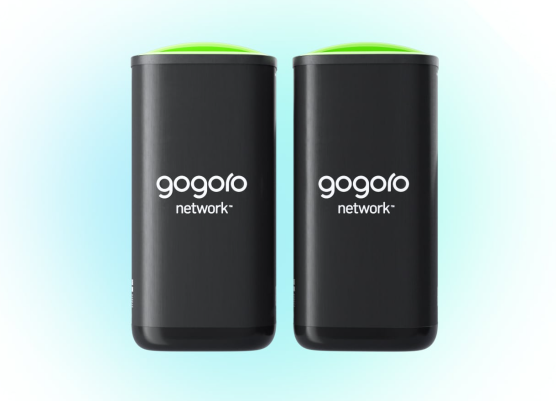
Initiative taken by other brands
Talking about the logistics industry has taken rapid steps in the adoption of electric mobility. There are a few instances that highlight how electric mobility is central to the future of logistics and online delivery of the industry and GOGOROs partnership with the Zypp is one of the first initiative or a step towards a better future with zero carbon emission.
Below are some of the industries which have pledged to start utilising our providing its delivery services through EV’s ecosystem:
Swiggy, one of the leading online food delivery platforms has committed to cover deliveries spanning 8 lakh km per day through EVs by 2025. Swiggy signed partnerships with Evify to build an EV ecosystem for its nationwide delivery partners.
This initiative if followed through then the reduced running cost for its delivery partners will result into higher earnings. The company has also announced the commencement of trials for deployment of EVs for its delivery fleet from August 2021.